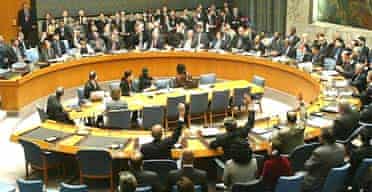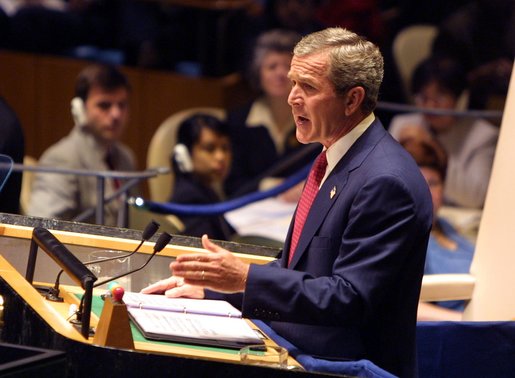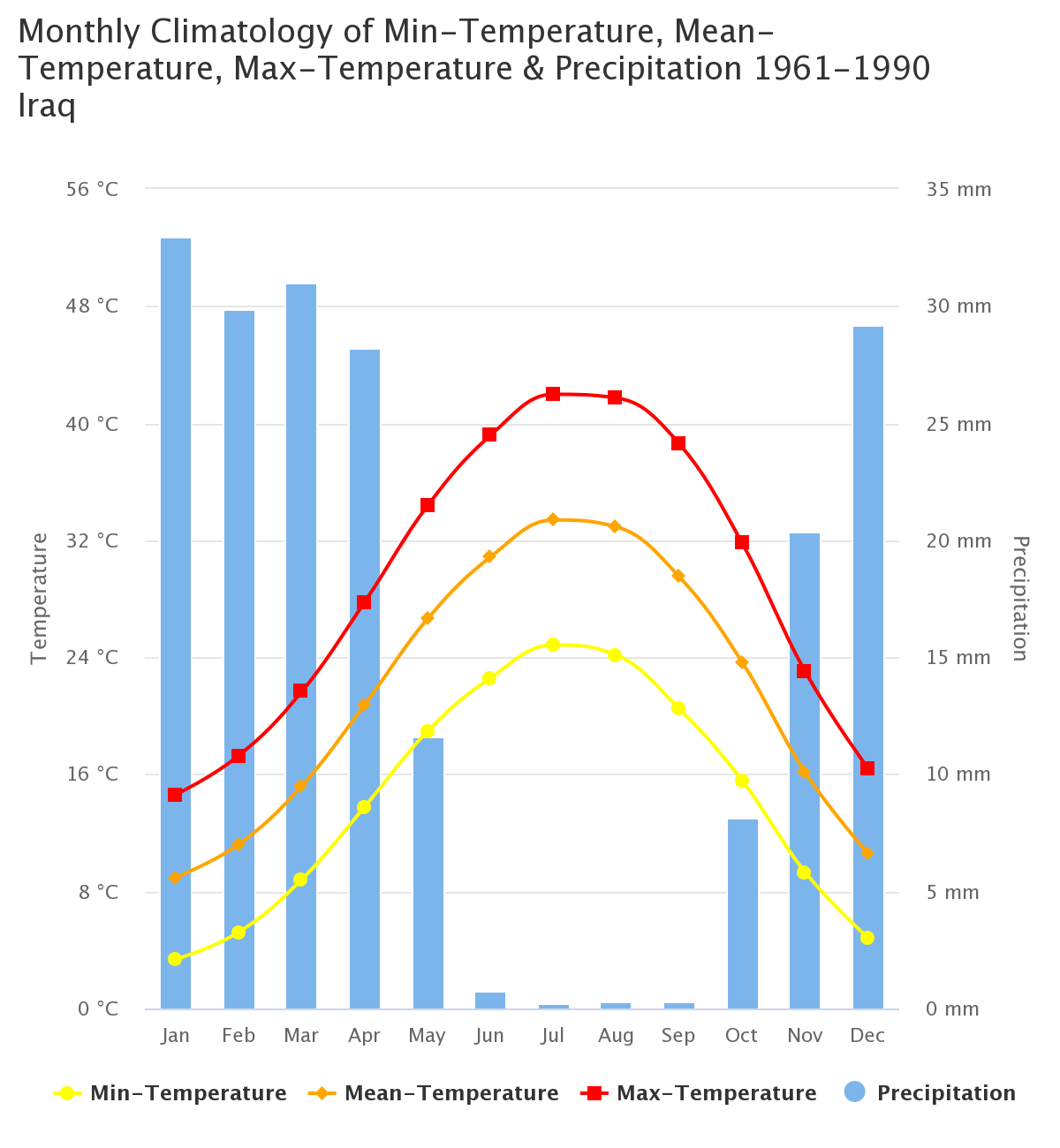Before the decision was made by the U.S. and U.K., there was much debate during the United Nations Emergency Summit on Iraq. The big question was what should be done about Saddam’s increasing non-compliance with inspections. On one hand, there were countries like France, Russia, and Germany who wanted to be as diplomatic as possible before taking any military action. While this position is understandable, many representatives on this side did not have a definitive answer on what exactly to do about the inspections. They did not have a straight answer on how long the weapons inspections should go on and they did not have a definitive plan for what to do if Saddam Hussein continued to evade them.
THE ROAD TO EXPELLING HUSSEIN'S GRIP OVER IRAQ
- URGENCY IN THE UN -

"UN security council members unanimously approve a new Iraq resolution", 2002, AP

"President George W. Bush addresses the United Nations General Assembly in New York City on the issues concerning Iraq", Thursday, September 12, 2002, Paul Morse
On the other hand, there were countries like the U.S., U.K., and Spain
that saw that action had to happen immediately for the sake of freedom
against terrorism and corruption. President of the United States,
George Bush had already declared Iraq to be part of the “axis of evil”
a year prior, and now he wanted to deal with the issue to “disarm
Iraq, to free its people, and to defend the world from grave danger.”

Another reason why getting rid of Saddam was so urgent was also due to the weather. Meetings in the U.N. were happening around early spring. Iraq is known for its “ungodly” hot summers which would be unbearable for troops to fight through. Others around may have debated that it would be too early to fight now, but then again, it would be way too long of a waiting period till they would properly be able to fight. If the U.N. just left the issue alone and the Iraqi government kept denying investigations, it could mean more time for terrorists to band together and cause more devastation among the Iraqi people and other nations. These were risks that Bush and Blair weren’t willing to take.

"Monthly Climatology of Min-Temperature, Mean Temperature, Max-Temperature & Precipitation 1961-1990 Iraq", Climate Change Knowledge Portal